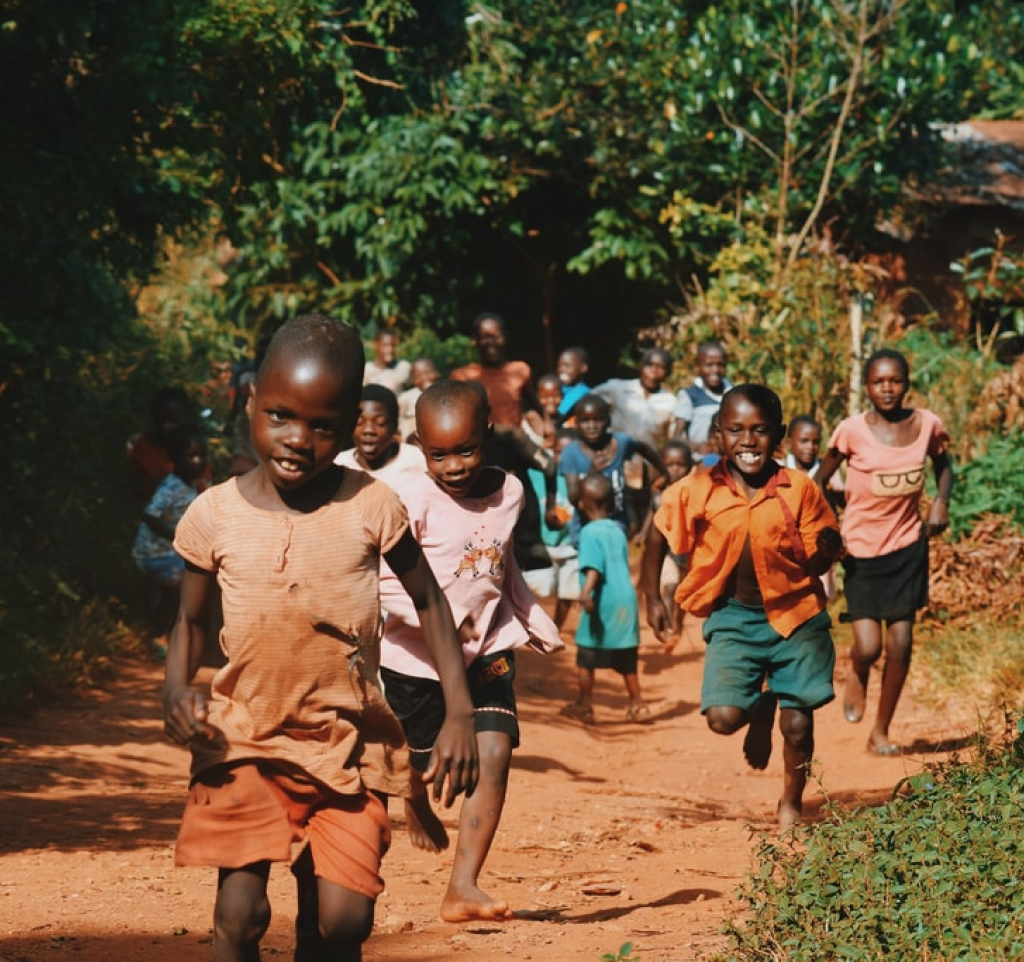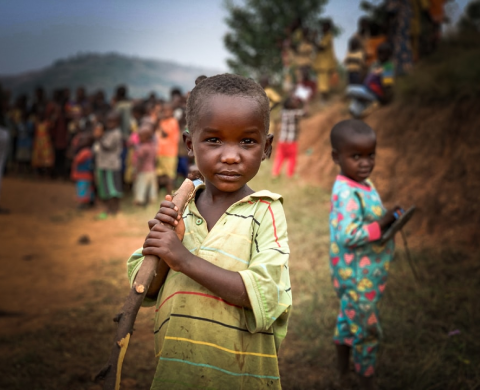
THE LESS PRIVILEGED CHILDREN (LPC)
The World Health Organisation [WHO] classified orphans and vulnerable children in 2005 into the following;
- Children who have lost their parents
- Children who are separated from both parents
- Children who are living with caregivers with challenging health problems, disabilities, abusive behaviours, or addictions.
- Children living with their parents but whose parents are unable to give them the proper needs for adequate upbringing.
United Nations Programme on HIV and AIDS [UNAIDs] regards orphans and vulnerable (OVC) as children under the age of 18 whose both parents or any one of the parents have died as a result of AIDS [UN,2004]
